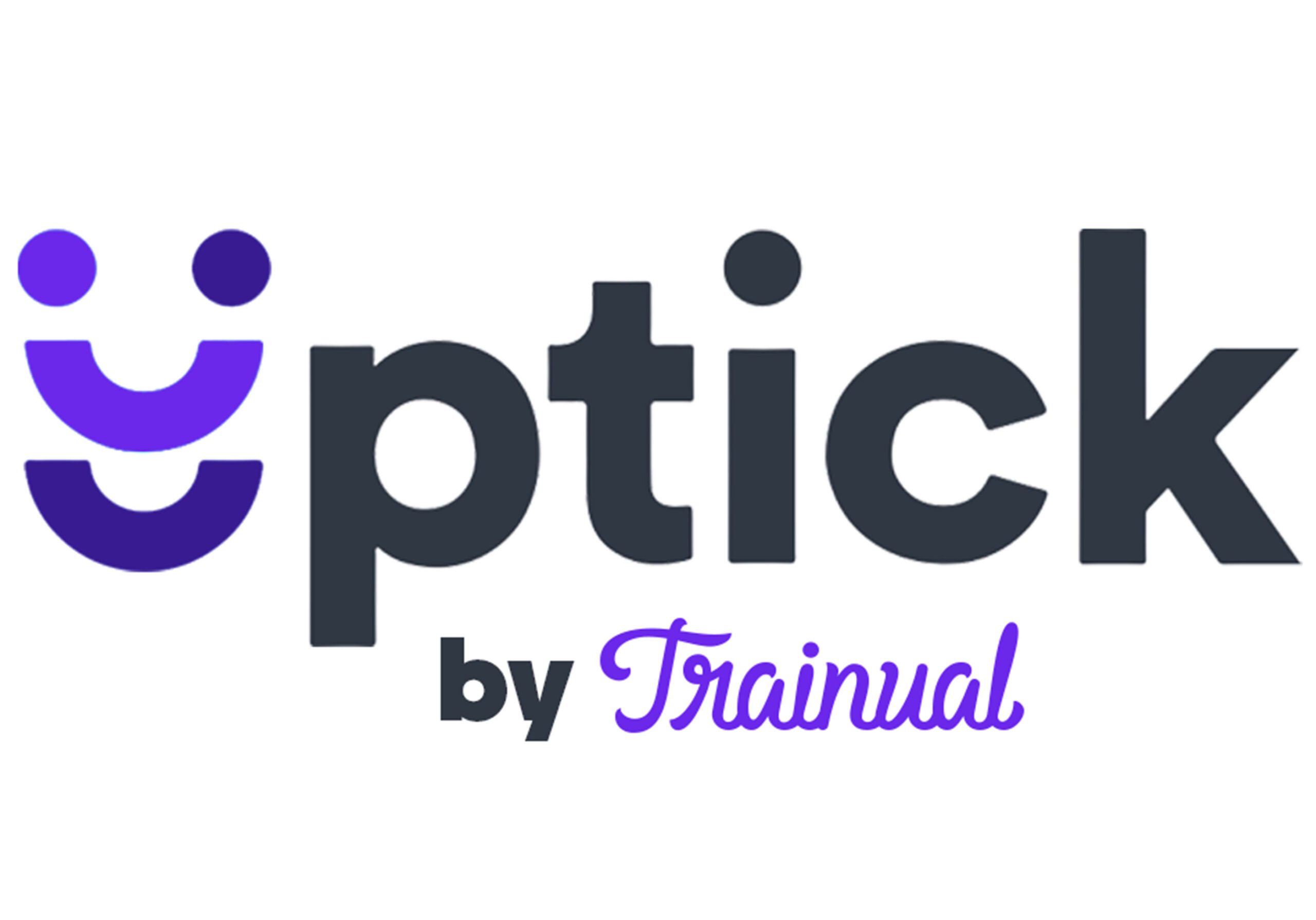In the day-to-day grind of work, it’s easy to get so caught up in doing your job that you lose sight of your career. One-on-one meetings with your manager are an opportunity to break out of that pattern to talk about your professional goals and invite real feedback about how to reach them.
Simply put, one-on-ones are the moments when you have the full attention of the person who can move your career forward. Unfortunately, managers and employees often fail to take full advantage of the opportunities in one-on-ones, and they stay surface-level, instead of digging into high-value interactions. Don’t let this happen. Instead, treat one-on-ones like the precious resource they are, and start putting them to work for you.
One-on-ones are the moments when you have the full attention of the person who can move your career forward
Here are a few simple strategies you can use to reorient your one-on-ones in ways your manager will be receptive to, and that will keep your career moving forward.
Rise above the day-to-day
Managers and employees alike have a shared (and understandable) inclination to lean into easy and familiar small talk. But to get the most out of one-on-ones, you have to leave the shallows and get into deeper issues.
It’s easier to have small talk and status updates than to dig into real issues.
Frequently, one-on-one meetings degenerate into granular updates about what you’re due to deliver and how you can get it done. That’s understandable, because those concerns are top of mind for everyone, but it means you lose out on an opportunity to really progress as an employee. To avoid falling into this trap, you have to consciously and collaboratively set a different course with your manager.
Start by getting your manager on board for this new direction by sending them a quick message before the one-on-one, saying something like: “If it’s okay, I’d love to start spending some of this time talking about my long-term goals.” Give them time to adjust their expectations, and don’t expect to spend the whole meeting on this new topic, especially at first.
Say, “I’d love to start spending some of this time talking about my long-term goals.”
Once you’re in the meeting, suggest high-level personal goals and how to connect them to day-to-day projects. If you have leadership aspirations, share them, and ask what you need to do to make them a reality. Odds are, your manager will be happy to share their own experiences with moving up the ladder.
Disclosing your hopes and dreams like this can feel intimidating (especially if you’re a woman or a member of another historically marginalized group). But your manager isn’t a mind reader, so if you never share what your big-picture goals are, your manager will never know. Keep in mind that your manager is already invested in your success, because your growth as an employee means they’re succeeding as a manager.
If you never share what your big-picture goals are, your manager will never know.
Furthermore, by bringing these goals up in the structured environment of a one-on-one, you’re creating a layer of accountability for your manager, since the notes from the meeting will serve as a record of your goals and expectations.
Of course, the “big picture” strategy only works if your manager is already up to speed on the status of your work. Outside of one-on-ones, it’s up to you to keep managers in the loop so they don’t feel the need to ask you for status updates in the meeting.
Want to be a better manager with a happier, healthier and more effective team?
Sign up for a free coaching consultation with Uptick Co-founder Chris Zaugg to improve your team’s effectiveness by connecting relationally.
Set the agenda
Seasoned managers should already know to let employees guide the agenda of one-on-ones, but some managers (shockingly) have a hard time remembering to cede control of a meeting. If that is the case, you can still direct the conversation toward your career progress in ways that don’t feel contentious.
Tip number one for setting one-on-one agenda: Ask questions. Julie Zhou, Facebook VP of product design and author of The Making of a Manager, says that asking more questions is “the secret to a rocket ship career.” She recommends bringing a variety of strategic questions to your manager. Some should be designed to highlight your strengths, like “Where am I making the biggest difference?” Some questions can actively help point your career in the right direction. Zhou suggests: “I’d love to [learn about/do more of/achieve] X. If you come across any opportunities, will you keep an eye out for me?”
Craft the conversation by bringing your own questions to the meeting.
Other questions should alert you to growth areas, like, “What do you see me struggling with that I might not realize?” If you ask for this kind of critical feedback, it’s important not to be defensive when you receive it. So an important corollary to “ask questions” is “ask questions if you’re ready to hear the answers.”
Don’t worry that you’re overstepping by taking control of your one-on-one agenda; managers prize employees who take initiative and proactively take on problems without needing to be asked, so the mere act of using your one-on-ones in this way will garner positive attention.
Tailor your approach to your manager
A good manager will tailor their approach to your needs and communication style, but some of the same work falls on you as an employee. Like teammates, success hinges on both parties knowing how to play to each other’s strengths.
Start by empathizingwith your manager. Like you, they’re also short on time, under pressure to perform, and battling deadlines. Even if you’ve been frustrated by unproductive one-on-ones in the past, or you feel your manager isn’t doing enough to help you grow, don’t let that frustration be the energy you bring to the meeting.
Even when you bring your own topics for discussion to a one-on-one, be sure to ask what your manager wants to get out of this time as well. That will show that you’re thinking of them as a person as well, and you’ll be able to promptly give them the information they need to do their job. When that’s out of the way, they’ll have more bandwidth to help you.
Steven Sinofsky writes that “meetings are fundamentally about accountability,” and indeed, they are a chance for both you and your manager to hold each other accountable. But Sinofsky also cautions that you can’t hold someone accountable without a sense of their context. Just like you expect your manager to give you a break if an illness pushes back a deadline, you should attempt to understand your manager’s larger context before you ask something of them.
One-on-ones are a chance for you and your manager to hold each other accountable.
Getting context might mean something as simple as taking a look at your manager’s calendar before a one-on-one. If this week is intensely high-pressure for them, they might not have the bandwidth to think about getting you where you want to be. But if your team had a big win that week, build on that success and harness its momentum in your one-on-one.
Coming to one-on-ones equipped with indisputable data will help you gain trust and rapport with your manager.
If you and your manager have different communication styles, you can overcome this mismatch by coming to one-on-ones equipped with indisputable data. That way, even if building a rapport doesn’t come naturally, you can fall back on objective facts. Keep a detailed accounting of the work you’re producing throughout the week, and share it with your manager ahead of time so they already know what you’re accomplishing. Having this detailed line-by-line close to hand will build trust, and help your manager be more relaxed in the meeting, because they’ll know they won’t have to hassle you about staying on track.
This is a good idea even if you and your manager get along well, because, if you’re trying to get ahead, you need to be able to prove you’re already providing value to the company.
Boots on the ground, eyes on the horizon
At the end of the day, you’re on your manager’s team and they’re on yours. In a healthy workplace relationship, one-on-ones aren’t merely transactional; they’re a chance for you both to engage in meaningful dialogue and use it to help each other. Once you start using this time to get aligned on your goals, you’ll find it adds purpose to the rest of your work, because even when you’re stuck in the weeds, you’ll know you’re pointed in the right direction.
Want to be a better manager with a happier, healthier and more effective team?
Sign up for a free coaching consultation with Uptick Co-founder Chris Zaugg to improve your team’s effectiveness by connecting relationally.


